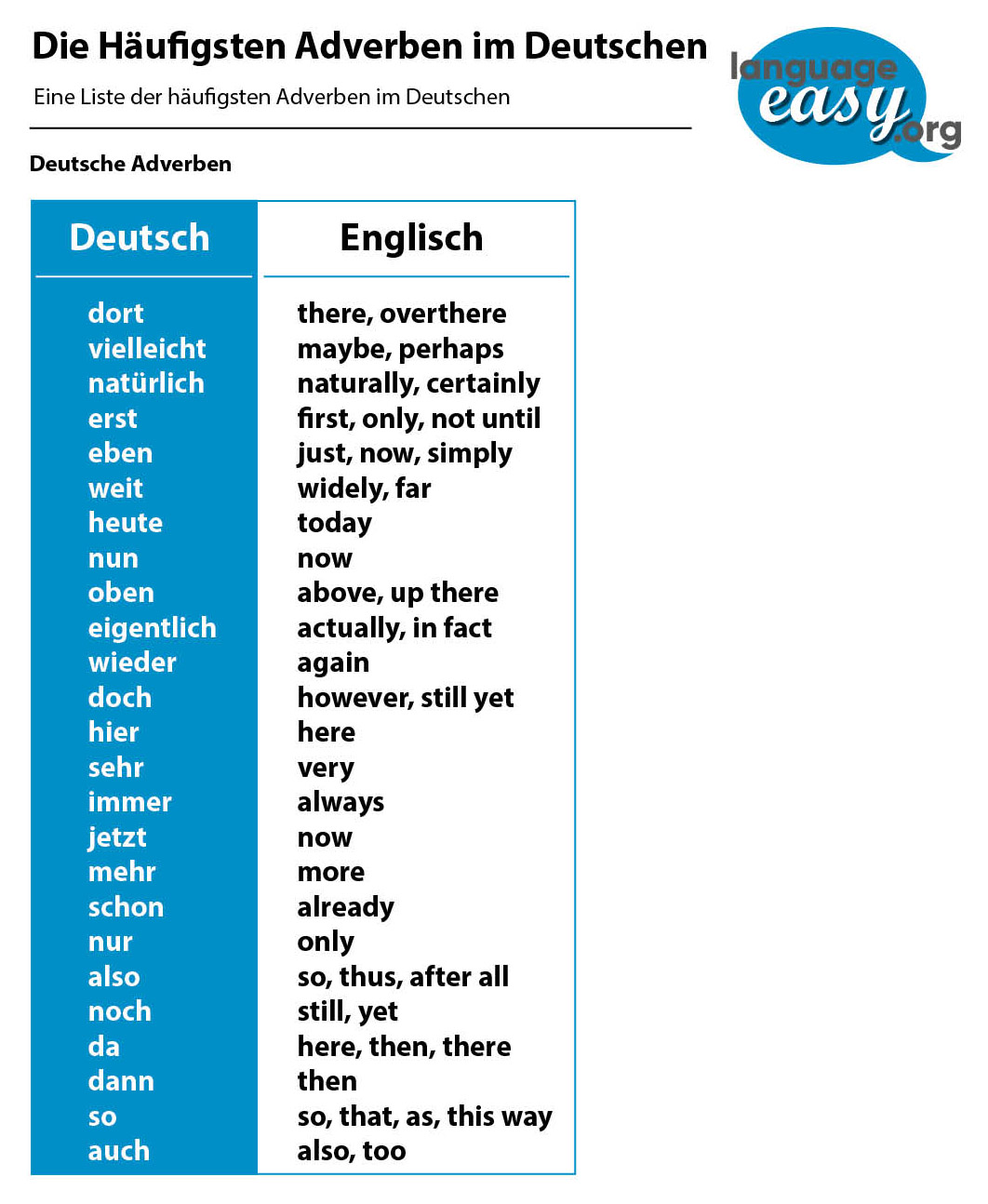

"ein" is declined in dative (einem) because it is preceded by the preposition "in" (with a situational concept). Here are some more exercises for you to practice the adjective endings in German. Teuer becomes teurer instead of teuerer, and dunkel becomes dunkler instead of dunkeler. In this example, "gut" and "japanisch" are declined with the mixed declension because the adjectives are preceded by the indefinite article (ein). Wir möchten in einem gut en japanisch en Restaurant essen We would like to eat in a good Japanese Restaurant If two or more consecutive adjectives are in a sentence, they will be declined with the same type of declension: Or declined indicators of quantity that are only used in the plural:ĭeclension of 2 or more consecutive adjectives But there are also other cases such as when the adjective is preceded by The strong declension is used when nothing comes before the adjective. Mixed declensionĬome before the adjective and the adjective before the noun. If we look closely, we see that you just add "-e" or "-en". This is called weak declension because the case marker is not carried by the adjective but rather particle before it. ➜Ĭome before the adjective and the adjective before the noun. There are three types of adjectives in German: predicative, adverbial and attributive. They give us more information about a person, place or thing.

With our German lessons for Adjectives you will learn ' Adjectives ' in 4 easy steps. Mixed declension(indefinite article + adjective). German lessons for learners: Grammar - adjectives 1.Weak declension (the definite article + adjective).Adverbial (the adjective behaves like an adverb)Īs we have stated, there are 3 types of declension, depending on the the particle that comes before the adjective:.Predicative (the adjective is in a sentence with the copulative verbs and is not accompanied by a noun).Often, it is understood which noun is being referred to so the adjective appears without the noun but it is still declinedĮr mag den roten Apfel, ich mag den gelben(apple is omitted in the second clause) Attributive (adjective accompanying a noun).German nouns are important because in many cases they indicate who or what is doing the action of the verb (the subject) or who or what is having that action done to it (the object). Let’s see the three functions to distinguish them from one another: Just like in English, one of the key elements of German grammar is the German noun, which describes a thing, person, place, idea, quality or action. If you accept that you have to learn the article together with the meaning of the nouns, then the rest is completely logical and a lot simpler than you think.Adjectives can have 3 functions in a sentence and only the attributive function is declined.

With fewer exceptions than other languages like English or Spanish! giving you simple guides that are easy to follow and allow you to understand the system behind German grammarĪlmost all of German grammar follows simple, clear rules.coming at the problem from the point of view of students who want to use the language, not linguists studying the language.using grammar terms only when there's no other way.That's why I focus on a few things when explaining German grammar here at EasyDeutsch: The issue is that lots of teachers, native German speakers, and other learners focus on the exceptions to the rules, even when they only come up 1 out of 100 times. In fact, it's the exact opposite! It's (usually) quite logical.

My mission is to show you that, despite everything you've heard, German grammar is actually not that complicated.


 0 kommentar(er)
0 kommentar(er)
